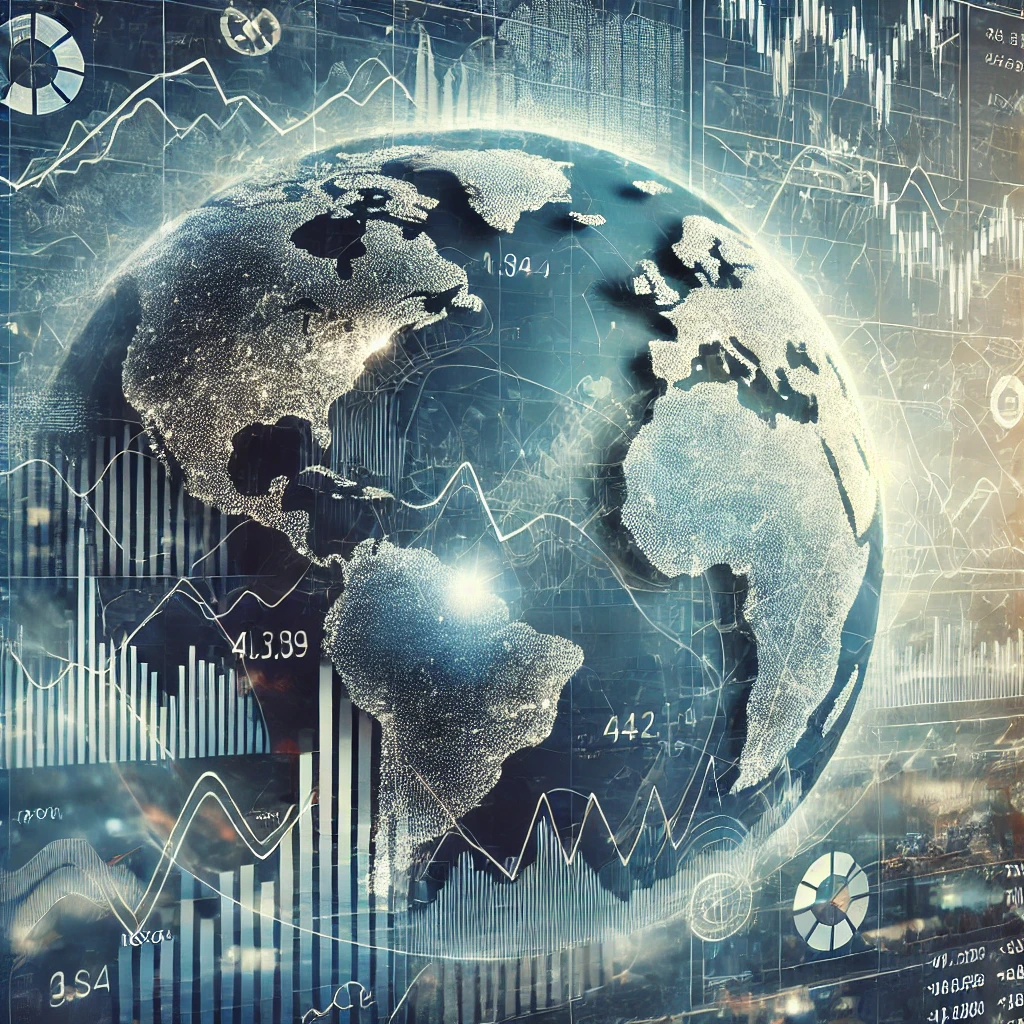In recent years, the global economy has faced numerous uncertainties. Factors such as the pandemic, geopolitical tensions, supply chain issues, and climate change are threatening economic stability worldwide. These uncertainties are impacting markets in both developed and developing countries, making it difficult for investors, businesses, and governments to predict the future. So, how are markets responding to these uncertainties, and where are they heading?
Post-Pandemic Economic Order
The COVID-19 pandemic will be remembered as an event that deeply shook the global economy. While the pandemic caused significant losses in many sectors, it also triggered a rapid digital transformation in some areas. The global economy has gradually started to recover in the aftermath, but this recovery is progressing at different speeds across countries. Developing countries, in particular, are facing greater challenges in this process due to limited financial resources.
One of the most notable issues in the post-pandemic period has been disruptions in supply chains. Global trade, which is the backbone of the economy, suffered a severe blow during the pandemic, leading to significant increases in the prices of goods and services. These increases have driven inflation rates up and caused fluctuations in global markets.

Geopolitical Tensions and Their Economic Impacts
In recent years, geopolitical tensions have also created significant impacts on the global economy. The trade wars between the United States and China, in particular, have led to considerable uncertainties in the world economy. This rivalry between the two superpowers is affecting not only these countries but global markets as a whole. Additionally, regional conflicts such as the Russia-Ukraine war have led to rising energy prices and a slowdown in global economic growth.
Geopolitical uncertainties reduce investors’ risk appetite and lead them to seek safe-haven assets. Traditional safe havens like gold and government bonds become attractive to investors during such periods of uncertainty. However, this trend can lead to market volatility and a retreat from equities.
Climate Change and Economic Implications
Climate change, in addition to being a long-term threat, has become a factor that increases economic uncertainties in the short term. As natural disasters become more frequent and severe, sectors such as agriculture, insurance, and energy are directly affected by these changes. Governments are taking measures against climate change, but the impact of these policies on economic growth remains a topic of debate.
The transition to a green economy creates opportunities in some sectors while generating uncertainty for industries reliant on fossil fuels. This transition process can also cause fluctuations in energy prices and inflationary pressures.
Conclusion
Global economic uncertainties make it difficult to predict where markets are heading. Factors such as the post-pandemic recovery process, geopolitical tensions, and climate change continue to threaten economic stability worldwide. Investors and businesses should remain cautious and focus on risk management in response to these uncertainties. While it is challenging to make clear forecasts about the future, closely monitoring market fluctuations and opportunities may be the most prudent strategy during this period.